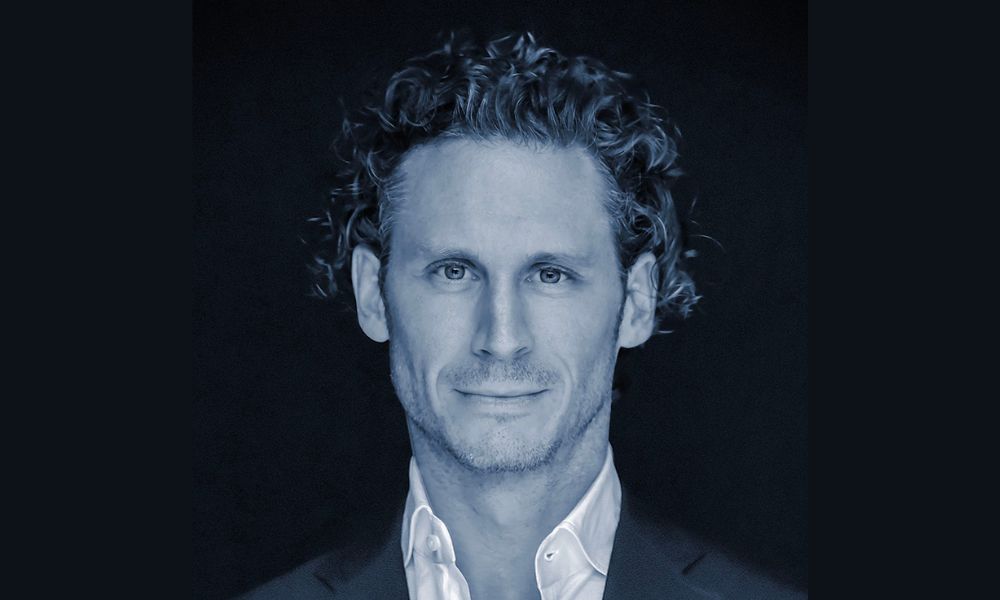Are psychedelics an insurance opportunity?

Are psychedelics an insurance opportunity? | Insurance Business New Zealand
Technology
Are psychedelics an insurance opportunity?
Worldwide regulations are changing
Technology
By
Daniel Wood
The world is facing massive challenges, from climate change to political instability. However, emerging industries including climate tech, bio tech and artificial intelligence (AI) could perhaps offer solutions to some of the problems. These startup companies can struggle to find the investment and insurance coverages they need and could be a big opportunity for brokers.
Joseph Ziolkowski (pictured above) is CEO of Bermuda-headquartered Relm Insurance. His firm has 50 employees in locations including Miami, London and Dubai and specialises in coverages for emerging industries.
One of the areas he’s focused on is alternative therapeutics, particularly psychedelic drugs.
Psychedelic drugs: an insurance perspective
Insurance Business asked Ziolkowski why he became interested in psychedelic drugs from an insurance and risk perspective?
“It was really about acknowledging the really important advancements in an emerging area that were going to potentially fundamentally shift the way people approached certain things,” he said.
Ziolkowski said the medical field of alternative therapeutics signals a growing awareness that neurological diseases, including PTSD, eating disorders and substance abuse, are not very responsive to traditional clinical treatments.
“The ability to use psychedelics to actually create material improvements in the way that these disorders and diseases are treated is real,” he said.
Ziolkowski said there is a significant amount of funding moving into this sector.
“You’ve got sophisticated institutional investors that are investing in early stage companies using psilocybin, MDMA, ketamine, DMT, Ayahuasca right – and these are otherwise known as controlled substances or illicit drugs – to make really important and incremental advancements in the treatment of really debilitating diseases,” he said.
Regulatory frameworks for psychedelics around the world
Around the world, the regulatory framework for using these drugs medically, he said, is also moving quickly forward.
“You’ve got Alberta in Canada, which was the first province to legalise or decriminalise certain aspects of psychedelic compounds,” said Ziolkowski. “You’ve got two states in the US that have made headway in the form of legalising or decriminalising.”
He said there are also 25 US state referendums that are making decisions concerning how drugs like psilocybin and MDMA can be used to treat certain types of diseases.
“You’ve got Australia, which was really the first country to make material advancements in the reclassification of MDMA and psilocybin from Schedule 9 [prohibited] to Schedule 8 [controlled drug], allowing clinical use of these drugs for psychiatrists to put these types of psychedelic compounds to work,” said Ziolkowski.
The Relm CEO said many other similar kinds of legislative advancements are being considered by governments around the world.
“Primary benefit”: D&O
“If you look at that momentum, over a relatively short period of time, then you look at the funding that’s coming in from institutional investors,” he said. “Then you look at the, so far, trickle of activity from traditional pharmaceutical companies that are beginning to make investments and acquisitions of companies in early stage clinical trials for certain types of psychedelic compounds – these companies are going to need insurance.”
Ziolkowski said coverages are needed for these startups to bring directors on to boards, enter into contracts and comply with regulations.
“One of the main uses of our capacity is for companies in these early stage clinical investigations for the use of things like MDMA and psilocybin,” he said. “This is really part of their capital raising initiative.”
At this early stage, he said, these firms are trying to attract medical experts and other industry players for their clinical trials and boards.
“If you’re a credible professional being asked to serve on the board of any company, never mind a company that’s doing perceived high risk activities and investigations, you’re likely not going to be excited about exposing all of your personal liability without any directors and officers liability insurance, right?” Ziolkowski said.
He said a “primary benefit” an insurance firm like his can provide is securing “substantive coverage for directors officers liability.”
“This allows them to bring on experts and professionals that help bring, not just credibility and capability to their company, but also satisfy investor concerns,” said Ziolkowski. “That allows them to raise more capital and extend their investigation into these clinical trials.”
Are you involved with emerging industries? How do you see the insurance opportunities? Please tell us below.
Related Stories
Keep up with the latest news and events
Join our mailing list, it’s free!






